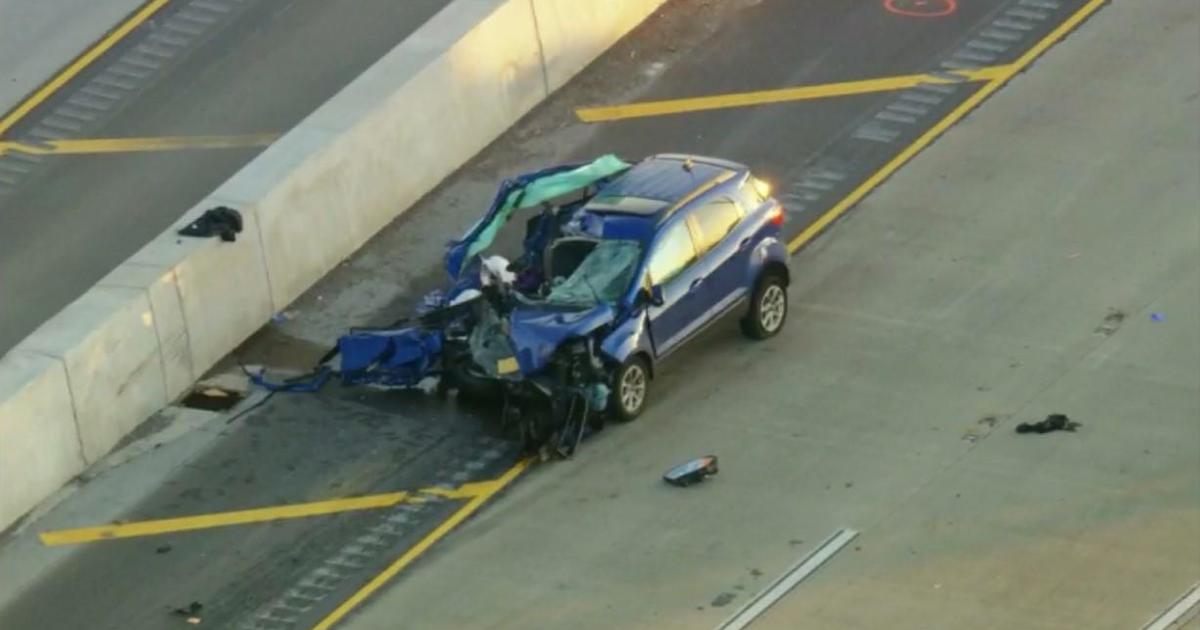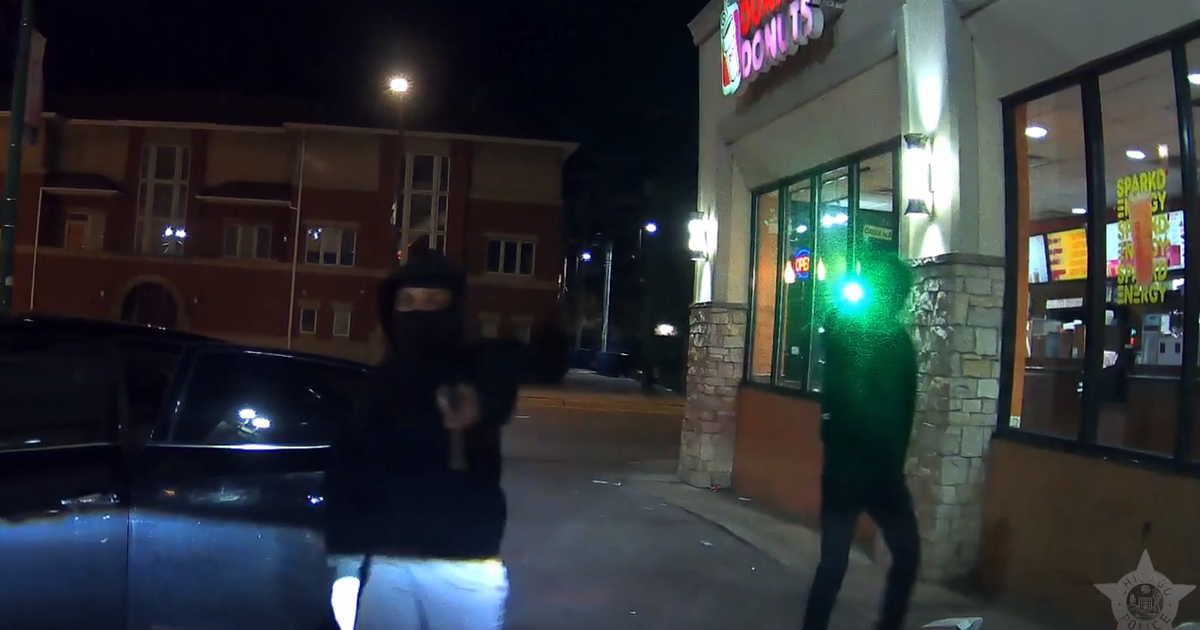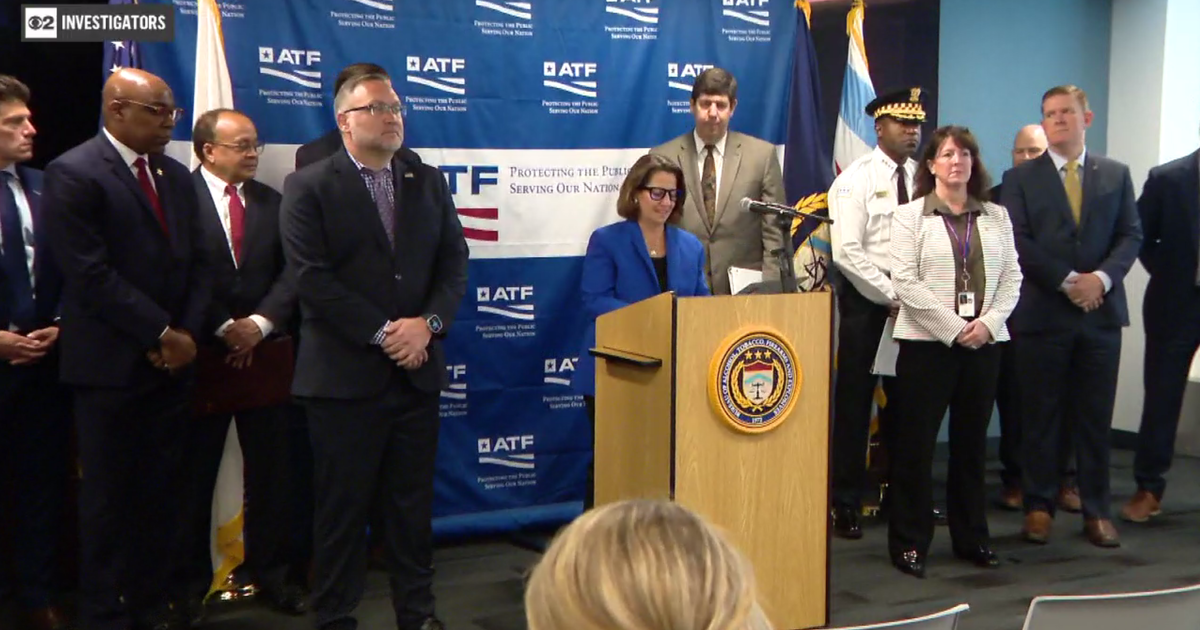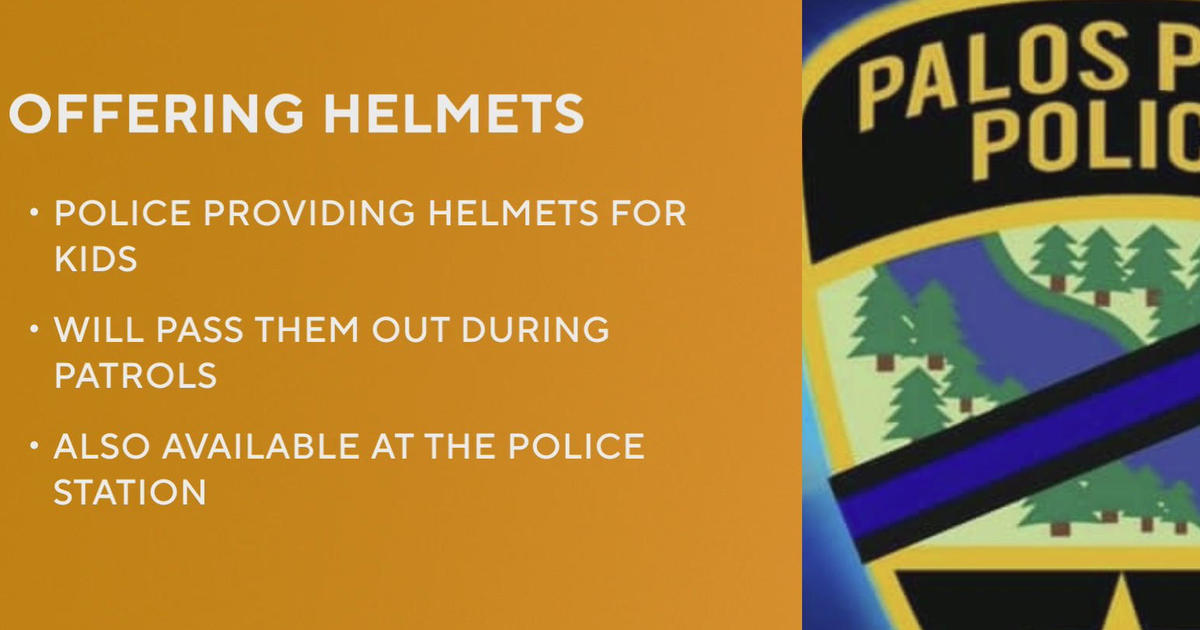20 Years After Being On Scene At WTC And Being Rescued On 9/11, Carol Marin Emphasizes Need To Share History
CHICAGO (CBS) -- Carol Marin didn't hesitate when the jets hit the Twin Towers of the World Trade Center in New York City on Sept. 11, 2001.
The renowned Chicago reporter was in New York that morning. She jumped in cab, and then walked blocks to the cover the story.
CBS 2's Jim Williams talked to Marin on Tuesday. Marin has had mixed feelings about sharing her experiences that day, and is not comfortable calling attention to herself.
But she praises the heroic firefighters and police officers who responded, and said it is important for young people to know what happened on Sept. 11.
Marin remembers exactly where she was.
"When the second tower was struck, I headed down to West Street," she said. West Street runs along the Hudson River in Lower Manhattan.
But over these past two decades, after many times describing that terrible day, Marin wonders - has she talked too much about 9/11?
"You know, you go through phases where all you do is talk about it, and then there comes a point where you think - you know, it's time to stop," Marin said.
But Marin is one of Chicago's most celebrated reporters, whose résumé includes a run as an investigative reporter and 10 p.m. anchor on CBS 2 and who is now teaching journalism at DePaul University. And she sees the value in sharing history from one generation to another, particularly given her current role.
"I've reconciled it this way – right now, one of the things I worry about is that we will forget 9/11. My students - some of them weren't born when it happened, or were 1, or 2, or 3 years old. And what I worry about is people don't understand its meaning," Marin said, "and for me, the meaning of 9/11 was it was a time in this country - a rare time, frankly - when we all together in behalf of some commonality; some purpose; some feeling of community."
On the morning of Sept. 11, 2001, Marin - a correspondent for CBS News' "60 Minutes" at the time – was watching the newsroom monitor in New York when she saw the planes hit the Twin Towers. She dropped everything and rushed to Ground Zero to cover it.
"Jim, you know and I know when something happens, you've got to get to the place where it's happening before police lines close it off from reporters," Marin told Williams.
There, as the second tower collapsed, a firefighter rushed to her aid.
"I fell. He slammed me back up on my feet, told me to take off my shoes. and we ran under the overhang of a granite building down the way - and he covered me. He shielded me with his body," Marin said. "It was only after that I thought, what was coming were parts of desks and sinks and people - and people."
A police officer led Marin to daylight. She got back to the CBS Broadcast Center – located about five miles away on West 57th Street in Manhattan's Hell's Kitchen community - and told her story to CBS Evening News anchor Dan Rather.
For days afterward, she covered the 9/11 attacks for a national audience. Speaking to Rather right after the attacks, she described what she saw.
"A rain of cinders so thick that you couldn't see this far in front of you," Marin told Rather back then as she held her hand close to her face, "and you couldn't breathe."
Today, Marin says some things remain the same over these two decades. She is grateful to the firefighters and police officers who protected her - and a reporter's job is to tell stories, despite the danger.
"It's why I teach journalism now, because generations need to be taught how to do it," Marin told Williams. "If it happened right now, we'd both go do it again - because that's what we do."
Many people at Ground Zero have suffered serious health problems years after breathing in all that toxic debris, Marin said she has had her lungs checked and is in good health – in fact, she ran a marathon after 9/11.



